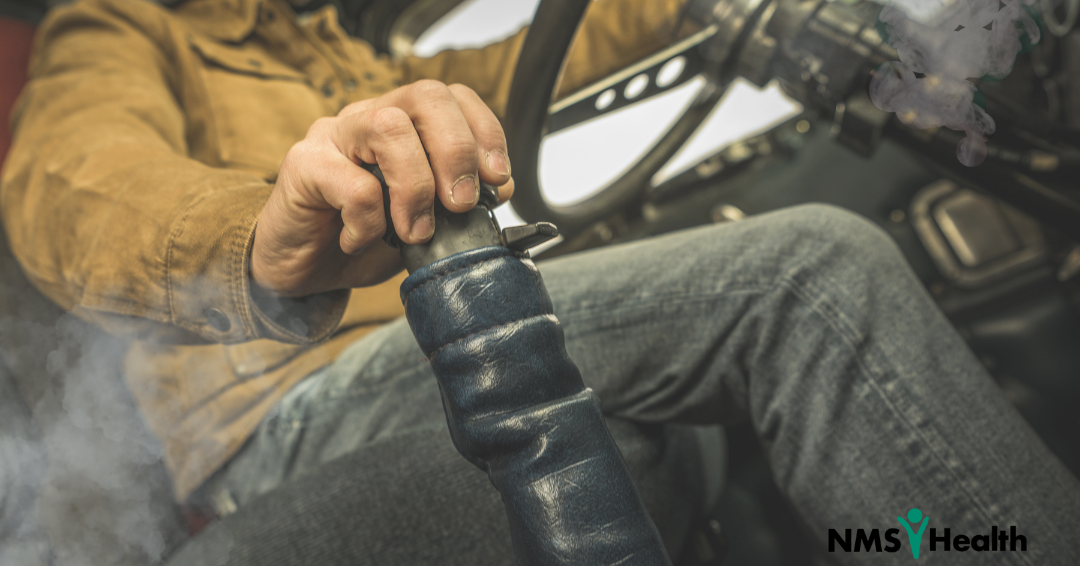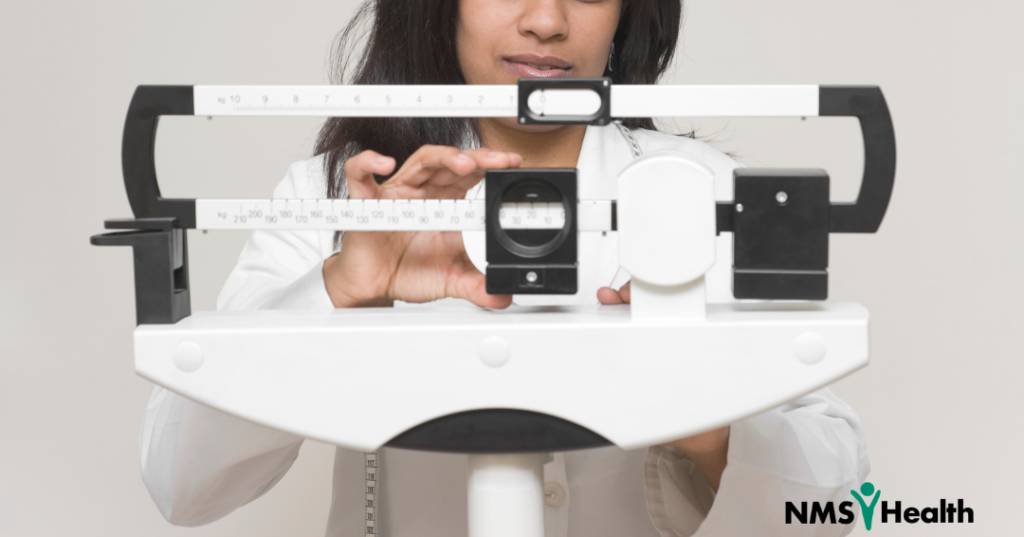The rapidly evolving landscape of cannabis use has raised significant concerns about its impact on the workplace. Particularly there is a concern among safety-sensitive workers. As North American and European data signal a surge in cannabis consumption among working-aged adults, comprehending the prevalence and patterns of safety-sensitive cannabis use before or during work is of utmost importance. Findings from a 2018 Canadian study conducted by the Institute for Work and Health (IWH) revealed some surprising data. The study’s primary goal was to establish a pre-legalization baseline of cannabis use patterns and assess the associations between personal and work-related characteristics with workplace and non-workplace cannabis use among Canadian workers, including safety-sensitive cannabis use.
Safety-Sensitive Jobs and the Risks
The Canadian Human Rights Commission (CHRC) created the 2017 definition of safety-sensitive position as one that “if not performed in a safe manner, can cause direct and significant damage to property and/or injury to the employee, others around them, the public and/or the immediate environment.”
In the U.S. the response to the lack of federal protection has caused some states take steps to protect employees from adverse actions based on their off-duty cannabis use. Medical cannabis is legal in 38 states. About half of these states have policies that somehow address anti-discrimination for medical cannabis patients. Significantly fewer states require employers to carve out accommodations for these patients. Furthermore, there has been a legislative trend in various states to protect all off-duty marijuana use, including recreational cannabis.
Impaired employees, under the influence of cannabis while on the job can face disciplinary action from employers. However, there are inherent risks in determining impairment and enforcing these regulations. Additionally, many of these state laws have introduced a “safety-sensitive” job designation, which holds particular significance in this context.
Certain states have made an effort to define “safety-sensitive” exceptions to their laws prohibiting discrimination based on off-duty marijuana use. These definitions vary from state to state but share a common theme: the specific job duties of the employee will determine whether they are considered employed in a safety-sensitive position. For example, Oklahoma, New Mexico, Pennsylvania, Iowa, and Washington, D.C., have all outlined distinct criteria for safety-sensitive positions, often focusing on jobs that could pose an immediate threat to human life or serious damage to property.
Unveiling the IWH Study Findings
The IWH surveyed 1,651 Canadian workers from various industries and roles. One of the key findings was 29% of respondents admitted to consuming cannabis at work within the past year. Cannabis consumption within two hours before or during a shift, or during a break is defined as “At-Work Consumption”.
The study found that employees, regardless of their roles, do not confine themselves to consuming cannabis at work. Even individuals in safety-sensitive positions, where focus and precision are critical, reported at-work cannabis consumption. This phenomenon has led researchers to speculate that workers in such roles might turn to cannabis as a way to cope with stress or pain, potentially due to the demanding nature of their work.
Surprisingly, the research also uncovered that workers who reported using cannabis before or during a shift, including supervisors and individuals in safety-sensitive roles, tended to have jobs and work environments where detection was less likely. This finding has opened discussions about the reasons behind this behavior, raising questions about stress, coping mechanisms, and the effectiveness of drug-testing programs.
Evolving Trends in Cannabis Use
Although researchers conducted this initial research in 2018, it is reasonable to suspect that the trend has continued alongside the legalization of marijuana in Canada as well as in the United States. Positivity rates for cannabis vary by state legalization status. In states where recreational and medical marijuana use is legal, positivity rates among the general U.S. workforce were notably higher than the national average. For example, in states with legalized recreational marijuana, 5.7% of workers tested positive in 2022, compared to the 4.3% national average according to data from Quest Diagnostics.
The recent data also revealed, 4.3% of general U.S. employees tested positive for cannabis in 2022, up from 3.9% in 2021. This marks the highest percentage of positive cannabis test results recorded by Quest Diagnostics over the 34 years of data analysis. Specifically, workers in federally mandated safety-sensitive jobs, such as pilots and truck drivers, also tested positive for marijuana use, with a national positivity rate of 0.98% in 2022, compared to 0.86% in 2021.
Implications and Action Steps
The IWH’s study offers a unique perspective on the growing concern of cannabis use at work. It suggests that this issue goes beyond expected boundaries, necessitating comprehensive approaches from employers and policymakers.
Addressing at-work cannabis consumption involves multiple facets, including better detection methods, support for stress management, and understanding the demographic profile of cannabis users. Employers must adapt to this evolving landscape to maintain a productive and safe work environment.
The landscape of cannabis use at work is rapidly evolving. The IWH’s study, alongside recent data from Quest Diagnostics, underscores the need for proactive responses to this issue. As cannabis continues to gain legal acceptance, understanding and managing its impact on the workplace remains a priority for businesses and policymakers alike.
Ready to elevate your workforce’s health? Partner with NMS Health for your occupational health screenings. With NMS Health you are not just identifying, intervening, and preventing future illness, you’re investing in a safer, healthier future for your team. Get started today!
To learn more a cannabis drug testing for your candidates and employees, please visit Marijuana Testing: An Employers Guide.


